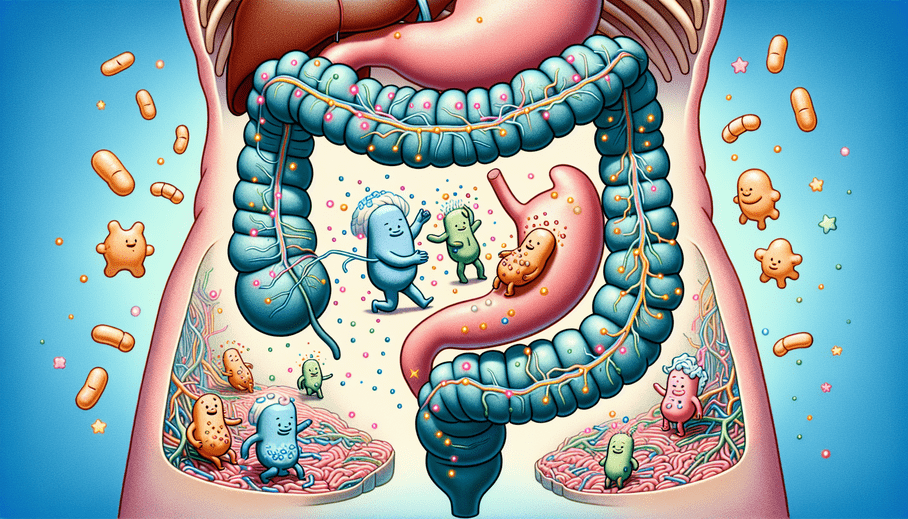
If you have digestive issues, you’re not alone. Many factors affect your gut health with some of the main ones being poor diet and toxicity in the body.
When your body doesn’t have enough good bacteria, bad bacteria can thrive.
When your gut functions properly, there’s a good balance of bacteria helping your body process and get energy from the foods you eat, clear toxins, fight against disease, and boost your mood.
The following can be signs of a gut bacteria imbalance:
- Upset Stomach
Frequent discomfort, gas, bloating, constipation, diarrhoea, and heartburn may indicate your gut is struggling to process food and eliminate waste properly.
- Food Intolerances
Poor quality of bacteria in the gut may cause food intolerances. If you struggle to digest certain foods, leading to bloating, gas, diarrhea, nausea, and abdominal pain, your gut might be to blame.
- Trouble Sleeping
An unhealthy gut can cause insomnia or poor sleep, leading to fatigue. Since most of your body’s serotonin, which affects mood and sleep, is produced in the gut, bacterial imbalances or inflammation can disrupt your sleep.
- Extreme Food Cravings, Especially for Sugar
Craving and consuming too much sugar can cause an overgrowth of “bad” bacteria in the gut. High amounts of sugar, especially high-fructose corn syrup, are linked to inflammation and increase the risk of various diseases.
- Skin Irritations
Conditions like acne, eczema, and psoriasis can be related to gut issues. Inflammation in the gut can manifest on your skin.
- Frequent Mood Changes
Gut problems and inflammation in the nervous system can lead to anxiety and depression due to the close connection between the gut and brain.
- Autoimmune problems
Such as thyroid issues, rheumatoid arthritis and type 1 diabetes.
How to Balance Your Gut Health
- Avoid taking unnecessary antibiotics.
Antibiotics can reduce both good and bad bacteria in the body.
- Add Probiotics to Your Diet
Probiotics promote the growth of healthy bacteria in the gut. You can take these in supplement form or from natural sources like yogurt, kefir, kombucha, and kimchi.
- Colonics
Many people have reported that Colonics have supported them in improving their Gut health. Providing relief from constipation, hydrating the body and soften stool, making bowel movements easier and detoxification by helping to remove toxins from the body.
- Limit Processed Foods and Sugar
Don’t be tricked into falling for the illusion that processed foods have added vitamins or minerals. Choose natural not unnatural. Basically what we’ve been eating for thousands of years before we started experiencing gut issues – vegetables and fruits.
- Eliminate Food Intolerances
Identify and eliminate foods that cause cramping, nausea, or acid reflux.
- Stay Hydrated
Drinking water aids digestion and improves overall health. You might like to mix it up drinking some coconut water or adding some lime or other fruit juices in your water.
- Exercise Regularly
Physical activity improves the healthy microbes in your body, keeps bowel movements regular, and enhances overall health.
- Get Enough Sleep
Aim for 7-8 hours of sleep each night. Proper sleep balances hormones and reduces stress, which can negatively impact gut health.
- Reduce Stress
Managing stress effectively can prevent or reduce gut issues.
Simply put……..
By paying attention to these signs and making necessary lifestyle changes, you can improve your gut health and overall well-being.
Here at Natural Rhythm Colonics we are dedicated to providing high-quality care in a relaxing environment, helping you to overcome health adversity and achieve optimal well-being.
Call us at 0401 703 727 or book your appointment online by clicking HERE.




